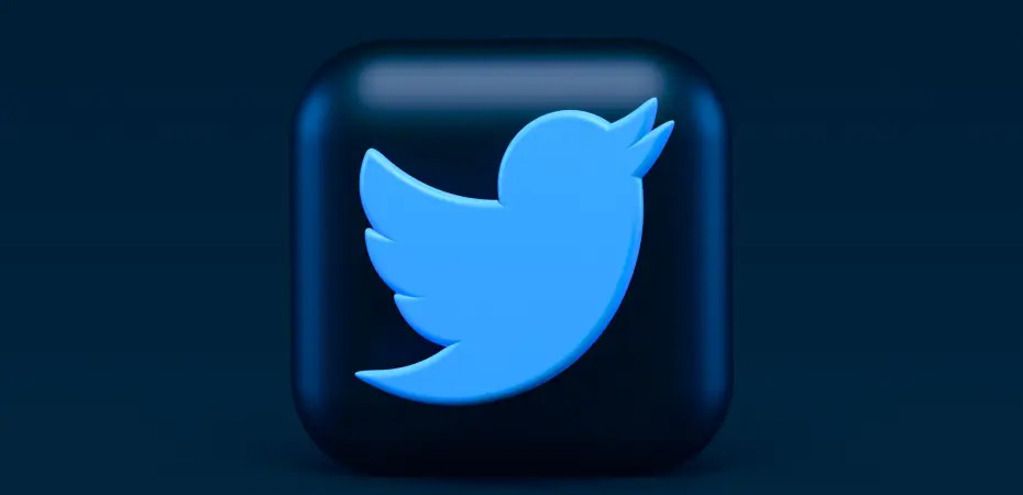Elon Musk’s acquisition of Twitter sets a reckless precedent.
The South African billionaire has finally pulled the trigger on purchasing the social media platform Twitter for $44 billion after dancing around the idea for the last several months.
Musk acquired the platform in order to go on a crusade against alleged censorious content moderation on behalf of Twitter’s former policies and procedures when it comes to what’s allowed on the site. Musk feels that it went too far in restraining “free speech.”
Already, worrisome evidence has come forward suggesting that Musk’s new bar for freedom of expression is almost subterranean with the use of the N-word jumping up to more than 500 per cent on the platform on Oct. 27, the day of his acquiring full ownership of Twitter.
Since his takeover of the site, Musk has dissolved Twitter’s board of directors giving his mandate unilateral control over the firm’s operation.
As a result of this Musk has already begun discussion of cutting roughly 25 per cent of staff in a first-round of employee cuts. Additionally, he plans to institute a two-tier system for gaining a blue check-mark in order to do away with “Twitter’s current lords & peasants system.”
His new system for attaining a check mark involves an eight dollar-per-month pay structure to supposedly equalize the playing field of who is and isn’t verified and to do away with bot and scam accounts. Of course, this is just another way of creating two separate classes of users and there’s no good reason to believe that spam accounts won’t continue to purchase the blue-check. This is also likely an attempt to backstop the already sinking financial ship that Twitter is in by creating a new and reliable revenue stream.
Furthermore, the already CEO of SpaceX and Tesla has been tweeting non-stop on concrete plans and even half-baked thoughts of his on what changes to make to the platform, even going so far as to change his Twitter bio to “Twitter Complaint Hotline.”
This all reeks of something intimately familiar to anyone who’s spent a lot of time working in corporate work organizations: the cool manager who tries his best to abate the system from within and wants to be your friend; the person you can trust despite organization formalities. Obviously with Musk, this analogy is blown up to massive proportions but is this not the way he tries to win over consumer affection online?
What’s always fascinating about this type of rebel manager, is when push comes to shove and they need to exercise their control over you, it can become incredibly confusing as to where your relationship status is exactly, because they themselves don’t know either and that’s where a kind of obfuscatory denial sets in. Musk seems hellbent on creating this same sort of confusion with the whole of the casual Twitter user base. He desperately tries to appear ironic, memey and eccentric as well as — most importantly — being ostensibly favorable to what is most democratic.
Does this appeal to a more democratic Twitter pan-out to anything like actual direct democracy? What if, say, the Twitter board was elected by their workers and workers themselves were beholden to some form of elaborate user-based voting system? This would never happen because it simply isn’t profitable but then perhaps Musk could siphon some of his extraordinary personal wealth to astroturf this kind of setup until it is a profitable cooperative system that would technically be more representative of something like a global “public square:”a metaphor Musk has been obsessed with using in regards to Twitter.
But the truth is that Musk’s litmus test for Twitter’s objectiveness and fairness is found through different means, that of pseudo-elaborate anecdotal wisdom on the beauty of an omnipotent regulatory centrism because “being attacked by both left and right simultaneously is a good sign.”
This is ultimately a moderately right position because it endorses the status-quo. How could this kind of worldview possibly be salient enough to function as a universal principle? If, in the midst of the Civil Rights movement, someone were to make this statement, they would rightly be seen as sympathizing with the oppressors. While the degree of national, viscerally noticeable harm created by the status quo is different today as the ‘60s — and this difference is precisely why the “stable center” appears as a rational political identity — it nonetheless functions to preserve and even legitimize unjust hierarchies.
Musk’s “democratic” changes and approach to managing Twitter can only be progressive in so far as that progression doesn’t delegitimize his existence in the first place.

